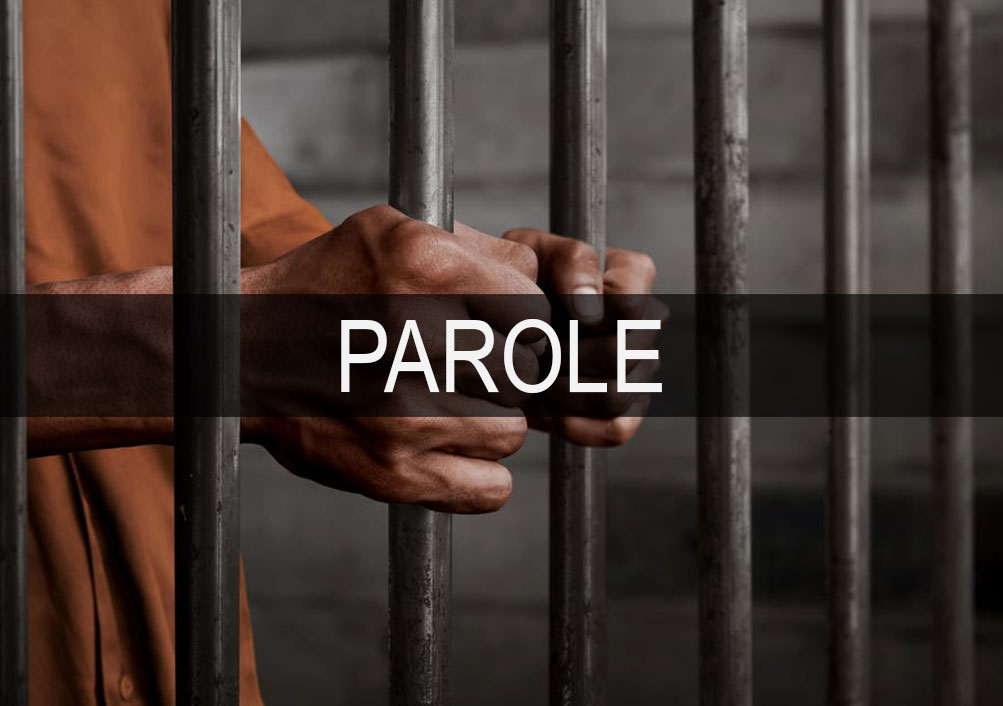Parole cases of convicts repatriated from UK and other foreign countries are to be considered as per provisions of Agreement of Repatriation arrived at between concerned foreign country & Govt. of India:P&H HC

Read Order:Harpreet Singh and Ors v. State of Punjab & others
Tulip Kanth
Chandigarh, December 17,2021:While dismissing petitions filed for the grant of emergency parole, the Punjab & Haryana High Court has recently held that in order to maintain the balance in overall international harmony and to honour the bilateral agreement/treaty and to avoid negativity in the relationship between the countries,the Court should refrain from passing any such order which would result into making any dent in the harmonious relationship between the two countries.
The Bench of Justice Sant Parkash has observed that the limited role of a State authority/designated officer is to receive and hold in custody under Section 13 of the Repatriation of Prisoners Act, 2003.
The High Court was disposing three criminal writ petitions, one of which had been preferred under Article 226 of the Constitution of India read with Section 3(1)(c) & (d) of the Punjab Good Conduct Prisoners (Temporary Release) Act, 1962 and Article 10 of the Agreement between the Government of United Kingdom of Great Britain and Northern Ireland and the Government of the Republic of India and the Transfer of Sentenced Persons (IndoUK TSP Agreement) for issuance of a writ in the nature of mandamus directing the respondents to release the petitioner for emergency parole.
The question in all the three petitions was whether the benefit of parole would be available to the petitioners convicted by the courts outside the country and later on transferred to India to serve the remaining sentence as per Indo-UK Agreement.
The Bench was of the opinion that Article 10 of Indo-UK TSP Agreement would make it evidently clear that either of the contracting States are empowered to grant pardon, amnesty or commutation of sentence in accordance with its Constitution or other laws.
The words ‘parole’ or ‘furlough‘ have been purposely and intentionally omitted from the said clause because in the eyes of law as prevalent in UK, the temporary release of prisoners on furlough or parole should be in consonance with the provisions of the law prevalent in the transferring country. According to the law of the transferring country, the said concession should not be extended to prisoners until they move to open prison conditions, which happens approximately 2 years prior to the minimum term’s expiry date, added the Court.
Justice Pakash stated that the petitioners had been transferred to India after having been convicted by the courts in UK under the Indo-UK TSP Agreement and by way of moving the present petitions, they could not be allowed to blow hot and cold in same breath as they came to India under the Treaty and now they are impressing upon that law of prison in India (1962 Act) should be made applicable to them.
The Court went on to note that it was clear from the provisions of 1962 Act as also Indo-UK TSP Agreement that parole cases of the petitioners repatriated from UK and other foreign countries are to be considered as per the provisions of Agreement of Repatriation arrived at between the concerned foreign country and Government of India. Thus, irresistible and unerring conclusion could be drawn that parole cases of the petitioners were to be governed by the terms & conditions of the Indo-UK Agreement.
Adding to this, the Bench mentioned that as per the sentence order, the petitioners could be released only after undergoing minimum prescribed sentences. Further, as per Article 8 of Indo-UK TSP Agreement, the receiving State is bound by the legal nature and duration of the sentence as determined by the transferring State. The State authorities are merely the custodian of such a convict, he being located/placed in a jail within the territorial jurisdiction of the State of Punjab. The limited role of a State authority/designated officer is to receive and hold in custody under Section 13 of the 2003 Act.
“The communication dated 04.08.2020, placed on file as Annexure A-I, relates to Transfer of Sentenced Persons (TSP) Agreement between India and Sri Lanka, to serve the remainder of sentence in Indian prison(s) with a specific recital that ―the enforcement of sentence shall be governed by the law of the receiving State i.e. India‖. But this clause cannot be made application in the case of bilateral agreement between UK and India. It is evidently clear from the reply filed on behalf of Union of India that since agreement on transfer of sentenced persons is entered into at the level of Union Government with a foreign country, appropriate authority in all cases would be the Union Government and the rules of State Governments would not apply to persons transferred under the Union of India agreement as it is the Central Government who has to honour and take care of the sensitivities involved in the bilateral relations with the foreign country”, said the Bench.
The High Court also put forth the facet pertaining to the reply filed on behalf of the Government of India by way of an affidavit dated December 9,2021, sworn by Arun Sobti, Deputy Secretary to the Government of India, Women Safty Division, Ministry of Home Affairs, Major Dhyan Chand National Stadium, India Gate, New Delhi, the Government of UK has placed on hold the requests of transfer of prisoners to India with regard to the persons undergoing imprisonment there.
Therefore, taking into consideration the totality of circumstances and finding no merit in all the three petitions, the Bench dismissed the same and held that provisions of Sections 3 & 4 of the 1962 Act would not be applicable in the instant petitions.
Sign up for our weekly newsletter to stay up to date on our product, events featured blog, special offer and all of the exciting things that take place here at Legitquest.




Add a Comment